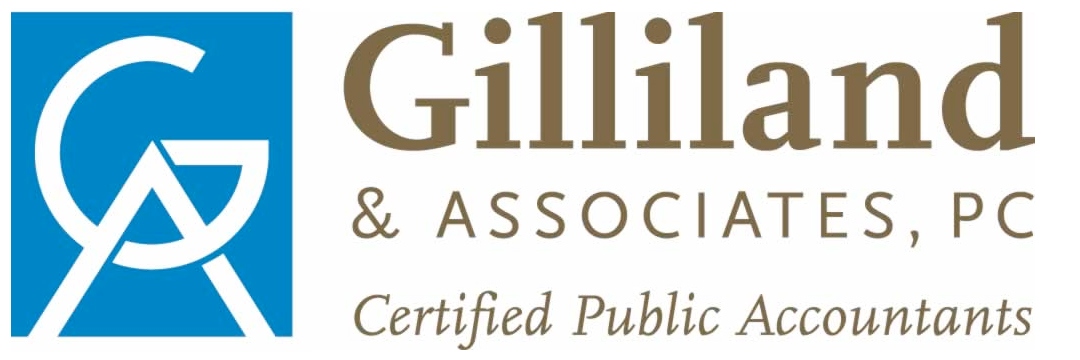Better Bartering Basics

The IRS is clear on their point of view. If you barter you must include the barter activity’s fair market value as income on your tax return in the year the barter activity is performed. But is it really that simple? Here are some things to consider if you barter.
What is fair market value? The classic definition is the price someone is willing to pay and someone is willing to receive for the exchange of goods or services. But we all know this requires a level of judgement. What if an item is on sale when the barter activity is performed? Are prices always the same for a similar item or service? Prior to establishing the value of a barter item, shop around and take the lowest defendable value possible for your bartered item.
Example: You barter dog grooming for lawncare work. If you offer a range of prices from $20 to $60 for your grooming service what rate do you use? You must be prepared to defend your barter value. Perhaps shopping competitors can help establish a lower value.
What about your costs? The IRS barter documentation is so focused on capturing and taxing your barter income it under informs taxpayers on the reasonable reporting of costs associated with that income.
Example: If two retailers exchange wholesale goods of equal value for resale, the cost of goods could logically eliminate much of the fair market value of the barter income. What if the fair market value of the goods received is worth less because you discover it is distressed? Then you could actually have a barter based loss on your books.
Is the barter fair? If you are bartering with another firm, look at the “tax value” of the barter. This can change the true value of the barter depending on the “hard costs” associated with the barter activity.
Example: A painter exchanges $3,000 house painting with a law firm for legal services.
If both firms are sole proprietors, the salary of the owners is reflected in their net income. Self-employment taxes, sales taxes, and other taxes would also need to be applied to the net income number of each barter participant. In this case, the barter does not appear equal.
Caution with barter exchanges. With barter exchanges you receive credits (vouchers) for your provided services prior to using those credits on another service. Since you are required to report income when your service is provided, you could potentially have barter income without receiving the benefits for your barter activity until later years.
Clear reporting. If you use bartering in your business, you generally report the activity on 1099-B’s each year, separate from other informational reporting.
Gilliland & Associates, PC is a full-service CPA firm specializing in tax planning for individuals and businesses in the Northern Virginia area. We are based in Falls Church, VA and also service clients in McLean and Tysons Corner, VA. Gilliland & Associates is known for our superior knowledge and aggressive interpretation and application of tax laws. We help you keep more of your earnings by finding you the lowest possible tax on your business or personal tax return. You can connect with us on Google+, LinkedIn, Facebook, and Twitter.
